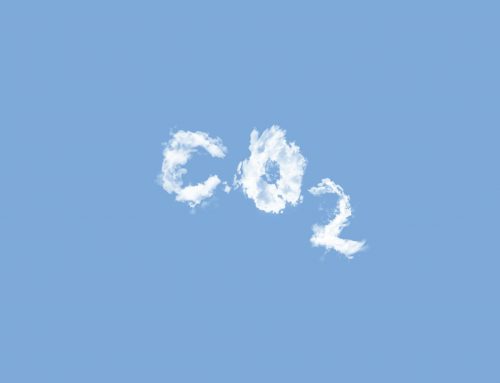Food Loss VS Food Waste – What’s the Difference?
One thing that’s incredibly confusing and important to note about environmental sustainability is all the various definitions and words that are used synonymously with each other. Think green, eco, sustainable, biodegradable vs compostable. Naturally, food loss and food waste is also used similarly. However, there’s a huge difference between the two.
Let me break it down.
Food Loss
Food Loss refers to the production and manufacturing side of things. While food waste falls on the consumer (like you and I).
When we talk about food loss, it’s the food that is lost during farming practices, transportation and grocery store standards.
Food is lost due to pests, bad crop yields or the climate changing growing seasons and conditions. While during transportation, food falls off trucks or is damaged and then tossed out. And even before it reaches the grocery store and its shelves, if the produce for example doesn’t meet the standards they aren’t accepted. (I mean have you ever wondered why all the apples, oranges and broccoli look identical). And if foods are sold, they’re again tossed out.
TALK ABOUT DEVASTATING.

Food Waste
Food Waste on the other hand is all the food that is perfectly edible but is thrown away. It’s usually due to the lack of meal preparation and the misconception of best before and expiration dates.
If you’re anything like me, you’ve gone to the grocery store on an empty stomach and bought things you didn’t need or just because it was on sale. Then it sits in the back of your fridge or pantry and you forget about it.
At one point or another you find it then throw it out because it’s gone mouldy or it’s months past the best before date.

Best Before Dates
The thing is that best before dates actually have very limited government regulation here in Canada. In fact, the ONLY items that are required to have a best before date are foods that have a shelf life of 90 days or less! And these dates are only an estimate on the amount of time that a properly stored, unopened package will retain freshness, taste or nutritional value.
Sooo… what about food items that have a shelf life of greater than 90 days?
Well.. those are decided by the manufacturers. They tend to give their items a conservative best before date to uphold the perception of quality and to protect their brand.
IT HAS NOTHING TO DO WITH FOOD SAFETY.

Expiry Dates
Expiry dates on the other hand are a different story. In Canada, there are 5 types of foods that are required to have expiry dates because of strict nutrition specifications. They are as follows:
- Formulated liquid diets
- Pharmacist-sold food for low energy diets
- Meal replacements
- Nutritional supplements
- Infant formula
With these 5 types of foods, they should not be sold or eaten past the expiry date, because even though they may not cause food-borne illness, there could be long-term health effects if continuously eaten.

Packaged Dates
Packaged dates are found on foods that will keep fresh for 90 days or less. These foods are generally packaged at the retail store in which they are sold. Usually foods with Packaging Dates are labeled with Best Before Dates and storage instructions. A popular example of this are meats in styrofoam and plastic packaging.

So, as a Consumer – What Can You Do?
To reduce your food waste:
- Meal Prep: Avoid overbuying foods by meal prepping. Decide what you’re going to cook, eat before you shop so you only buy exactly what you need.
- Proper Food Handling and Storage: Ensure that foods are not left out overnight, store them correctly in the fridge and pantry
- Use Your Senses: Just because foods are past the best before dates, use your 5 senses to determine if it’s still good. Does it look, smell or taste or feel okay? As outlined above, if stored correctly we can still consume foods well past the best before date



To recap, Food Loss is food lost from the production and manufacturing side of things. Food Waste is the edible food tossed out by consumers.
Best before dates have limited government regulation and most foods (with a shelf life longer than 90 days) when unopened and stored properly, can be eaten well past the best before date.
Only 5 types of foods are required to have expiry dates and should not be sold or eaten past this date. And some foods that are packaged at a retail store have both packaging and best before dates.
Always remember to meal prep, handle and store food correctly and to use your 5 senses before throwing out edible food whether at home or during events. Interested in learning how to reduce your food waste further? Join the next Sustainability Mastermind Cohort!






